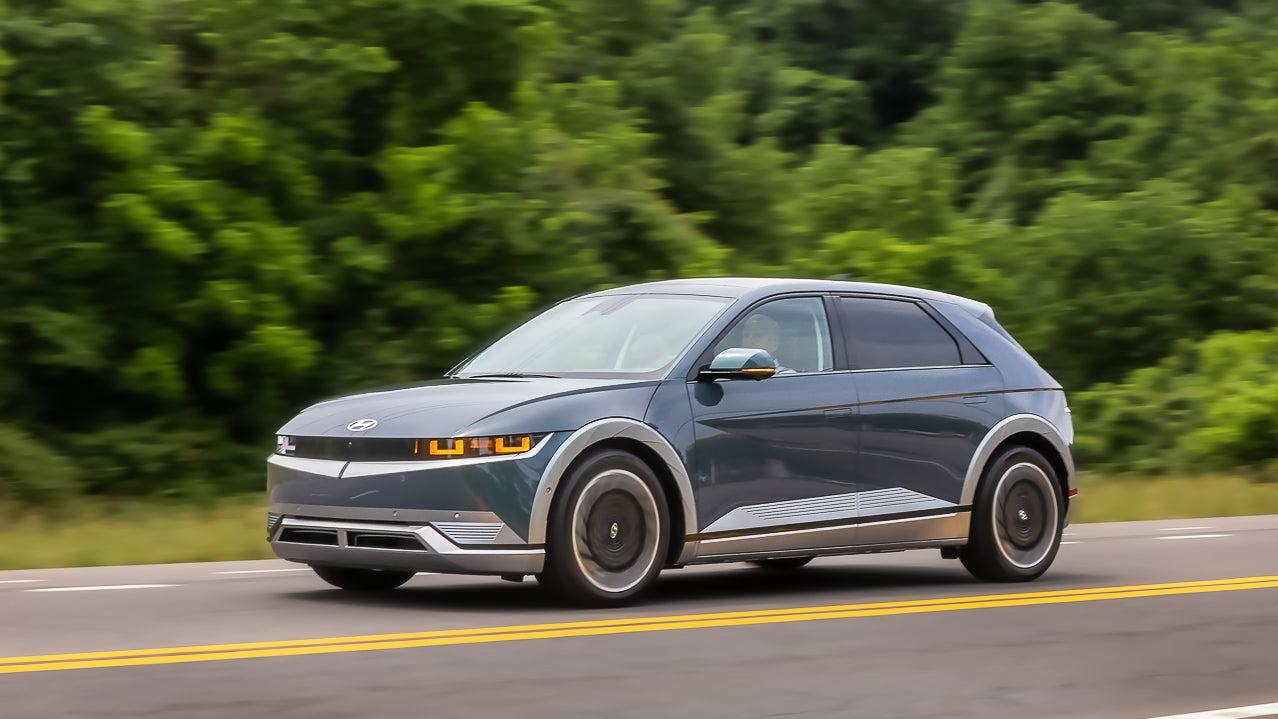Consumer Leases Will Now Qualify For EV Tax Credits
The U.S. Treasury Department's decision opens the tax credit up to EVs not built in North America.
On Thursday, the U.S. Treasury Department announced that starting in January, electric vehicles that are leased by consumers can qualify for the full $7,500 commercial clean vehicle tax credit. Perhaps most interestingly, as Reuters reports, the announcement includes EVs that were built outside of North America.
That's good news for automakers such as Hyundai that felt the Inflation Reduction Act treated them unfairly by ending their eligibility for the tax credit, especially without adequate time to build qualifying EV factories. Hyundai's certainly not the only automaker to complain, but it has been one of the loudest. But at least for now, it appears an agreement has been reached that will give the aggrieved automakers some of what they want.
Importantly, the commercial EV tax credit does not have the same battery sourcing requirements as the consumer credit does under the IRA. Senator Joe Manchin had previously encouraged the Treasury to not allow this workaround because automakers will treat it "as a way to bypass the strict sourcing requirements."
$3,750 of the total available consumer tax credit requires at least 40 percent "of the value of the critical minerals in the battery having been extracted or processed in the United States or a country with a U.S. free-trade agreement, or recycled in North America, a percentage requirement that rises annually." In its Thursday statement, the Treasury also said it will define the free-trade agreement requirement more broadly than you might expect.
The initial list of countries that it says currently qualify includes Australia, Bahrain, Canada, Chile, Colombia, Costa Rica, Dominican Republic, El Salvador, Guatemala, Honduras, Israel, Jordan, South Korea, Mexico, Morocco, Nicaragua, Oman, Panama, Peru, and Singapore. But according to Reuters, it's possible more countries will be added to the list if they negotiate agreements in the next couple of months.
